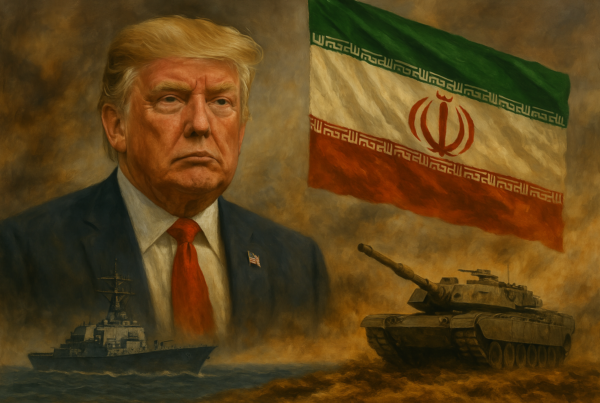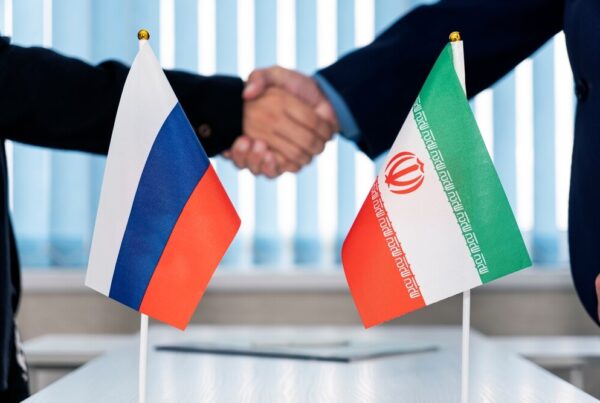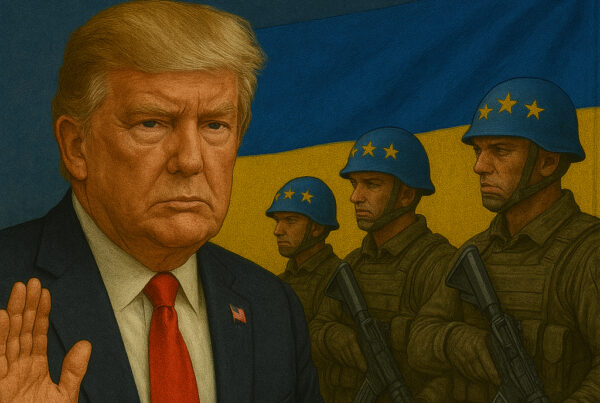Protesters throw Molotov cocktails at police officers. With the EU flag in hand, they try to storm the parliament. What sounds like a civil war scenario or a textbook colour revolution took place from 6 to 10 March in the Caucasus state of Georgia. The ‘bone of contention’ here, quite literally, was a legislative proposal by the Georgian government, which aimed to disclose the foreign funding of NGOs if they receive more than 20% of their money from abroad. Such organisations would have been obliged to grant the Ministry of Justice access to all data, including personal information. However, what is common practice in the USA and other Western countries was denounced as an ‘authoritarian turn’ by Brussels and Washington in this case.
The main call for protests came from the organisation Transparency International, which would have been primarily affected by this law. Its publicly accessible supporters belong to a geopolitically Western-oriented family: the EU Commission, the Open Society Foundation of the self-proclaimed ‘King of Eastern Europe’ George Soros, and the International Republican Institute, which is close to the National Endowment for Democracy, in turn, a think tank and revolution factory funded by the United States. The Georgian government had every reason to cast a critical eye on the numerous NGOs in the country, not least because a colour revolution had already taken place in 2003, the so-called Rose Revolution. This not only subsequently brought Mikheil Saakashvili to power in 2004 but also led to the country’s rearmament by the US, which eventually urged Georgia to provoke Russia in 2008. The result was the Caucasus War of 2008, which Georgia lost.
Not least thanks to Georgia’s pro-Western president, Salome Zourabichvili, the protesters were ultimately successful, and the law was withdrawn. So far, so sobering is the current state of Georgia’s sovereignty. In the face of external pressure on his country, Prime Minister Irakli Garibashvili warns of a Ukrainianisation of the nation. He claims that the Western strategy is to carry out a coup in Georgia and establish a subservient leader to open a new front against Russia, thereby changing the course of the war in favor of the West. So will people soon be dying not only to the ‘last Ukrainian’ but also to the ‘last Georgian’? Against this background, the notorious German Foreign Minister Baerbock visited Georgia to bring the country onto an EU course. But for now, Brussels is unwilling to give the country a membership perspective, as the reforms are progressing ‘too slowly’. The government in Tbilisi, on the other hand, does not seem to be in a hurry and prefers to gradually free itself from the clutches of the West. The memory of the defeat in the 2008 war is still too fresh for them to be rushed into the next conflict. Georgia’s future, therefore, remains open.






Goergia should remember they are not Ukraine.
No Russians consider Georgians their ethnic brothers who are confused or lost.
If Georgia antagonizes Russia, it will be treated more harshly than it was the last time around.
They are playing a foolish, dangerous game.
It is a mistake to try to “slow resist” these Color Revolution efforts. You end up with a Euromaiden. They need to be handled very harshly and quickly, by a state with little remorse, in my opinion.